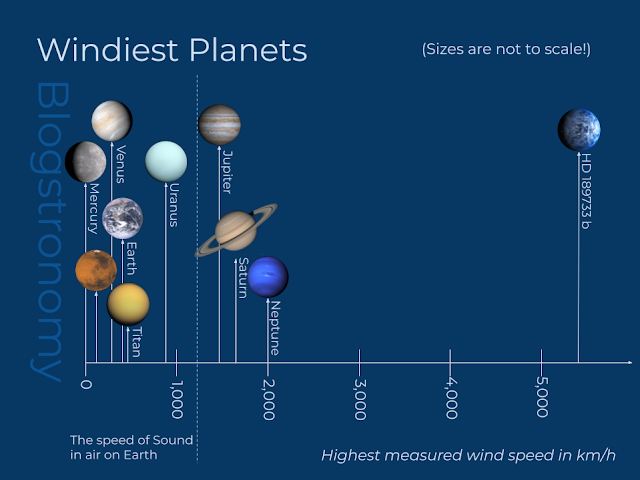What Would Happen to Someone Falling into a Black Hole?
"What would happen to a person who is wearing no form of protection other than basic clothes who gets sucked into a black hole?" - Question posed by Sandeep.
 |
Photorealistic view of what it would look like to watch someone falling into a black hole by T.Briggs & DALL·E 2 is licensed under CC BY-NC-SA 4.0 |
An interesting effect of this is that the top of your head feels the pull of Earth's gravity a tiny, tiny bit less than the bottoms of your feet do. At this kind of scale it doesn't bother us too much****, but think about the Moon: the side of the Moon that's facing us gets a stronger gravitational tug than the side that's facing away from us, and the difference this time is a lot bigger because the Moon's a lot bigger*****.
Again, this doesn't really bother the Moon too much, but take a look at Jupiter's innermost moon, Io: It's one of the most volcanically active places in our solar system, and the energy for that comes partly from being squeezed and stretched by just this kind of gravitational imbalance on opposite faces.
Let's skip to Saturn's rings, now: one idea regarding the formation of these rings is that an icy moon got too close to Saturn***, and the difference between the gravitational attraction of the near side and the far side tore it apart.
Now imagine you're falling into a black hole, diving head first. We'll ignore the fact that, with only basic clothes for protection you'd be long dead anyway, and think about the effect of gravity on you instead:
Gravity gets stronger as you get closer to its source, so if you're falling you'll accelerate as you're doing so. Without any air to fall through you'll keep accelerating without reaching a 'terminal velocity' like you do when falling through an atmosphere. While you're still some way out, falling is falling is falling. It's just the same as falling anywhere else. Equally terrifying. As you fall head first, the top of your head is accelerating a little bit faster than the bottom of your feet, but the fact that everything's connected keeps you in one piece.
That is, until you reach a certain point. As you fall further into the black hole, you feel its effects more strongly, and the difference between the force acting on the top of your head and the bottom of your feet becomes larger and larger until, eventually, the attraction between the particles that make up you just aren't any match for the forces that are trying to pull them apart.
Here's a way to think about it: imagine you and a friend are running along a track. You're holding one end of a big elastic band, and he's holding the other. You're both running, both moving forwards, but he's a faster runner than you are. What happens? Even though you're moving forwards, he's still moving away from you. The elastic band gets tighter and tighter, and it even has the effect of speeding you up a little whilst slowing him down, but eventually the band can't take any more and -
The particles towards the top of your feet start to accelerate much faster than the particles towards the bottom of your feet, and you stretch like the elastic band until the elastic snaps. You fall apart. All of you is still falling, but it feels like you're being stretched from head to feet until bits of you give way. Maybe your head pops off your shoulders; maybe your knees come apart. But it doesn't stop there: your leg stretches until the skin and bones themselves fall apart, and then the very molecules they are made up of suffer the same effects as they are wrenched apart by the ever-increasing force of gravity; and more importantly the increasing difference in the forces acting upon them at each end.
That is until you reach the singularity at the centre of the black hole, at which point the particles that make up your body get crammed back together again, along with everything else that's fallen into the black hole, into one infinitely small, infinitely dense point.
Well, you did ask.



Comments
Post a Comment